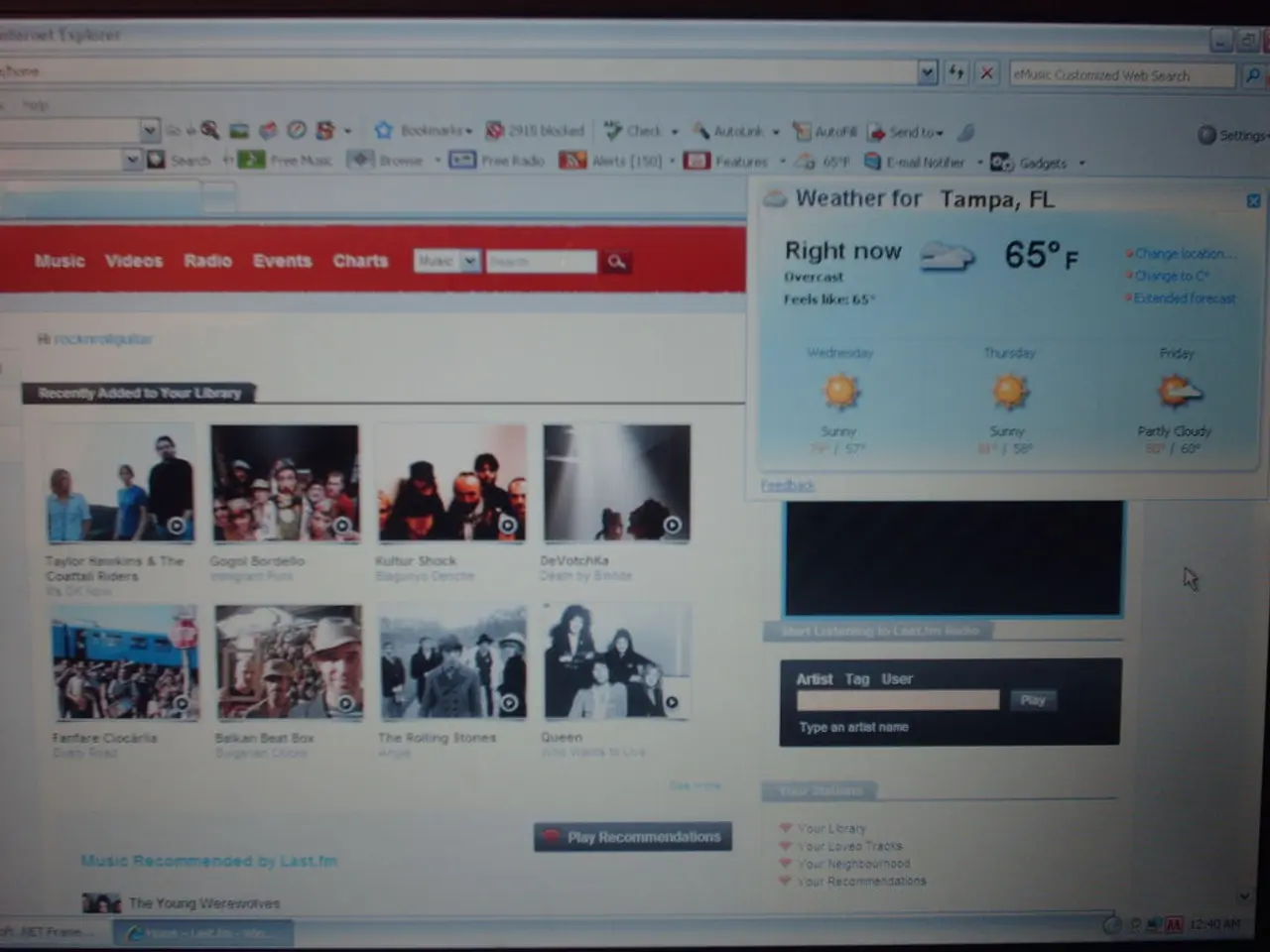ACE Struggles With Platform Cooperation in EU Content Disputes
The Appeals Centre Europe (ACE), established under the Digital Services Act (DSA), has been a hub for out-of-court content dispute settlement. However, it faces criticism from US quarters, with allies of former President Donald Trump accusing it of 'foreign censorship'.
ACE has handled nearly 10,000 disputes, issuing around 1,500 decisions across 3,300 cases. However, its effectiveness has been hindered by platforms' lack of cooperation. YouTube, in particular, has been criticized for not providing content for 314 out of 343 eligible disputes, limiting ACE's ability to issue decisions for EU users.
In cases where platforms failed to provide details, ACE often ruled in users' favor. This includes instances involving Meta's Facebook, Instagram, and TikTok, which were slow to engage with the body. Pinterest and Meta-owned Threads were also under ACE's scrutiny.
The DSA mandates companies to protect EU citizens against illegal content and facilitate user challenges to content decisions. Despite ACE's efforts, platforms' insufficient cooperation, notably YouTube's, has impeded the body's ability to effectively settle disputes. This highlights the need for platforms to fully engage with ACE to ensure users' rights are protected.
Read also:
- Revised Bonus Écologique Boosts French EV Market Share to 63.97%
- Ford Discontinues Popular Top-Seller in Staggering Shift, Labeled as a "Model T Event"
- 2025 Witnesses a 27% Surge in Worldwide Electric Vehicle Sales, Despite Opposition to Electrification Policies in the U.S.
- Summarized Report: Insights from the Realm of Transportation







